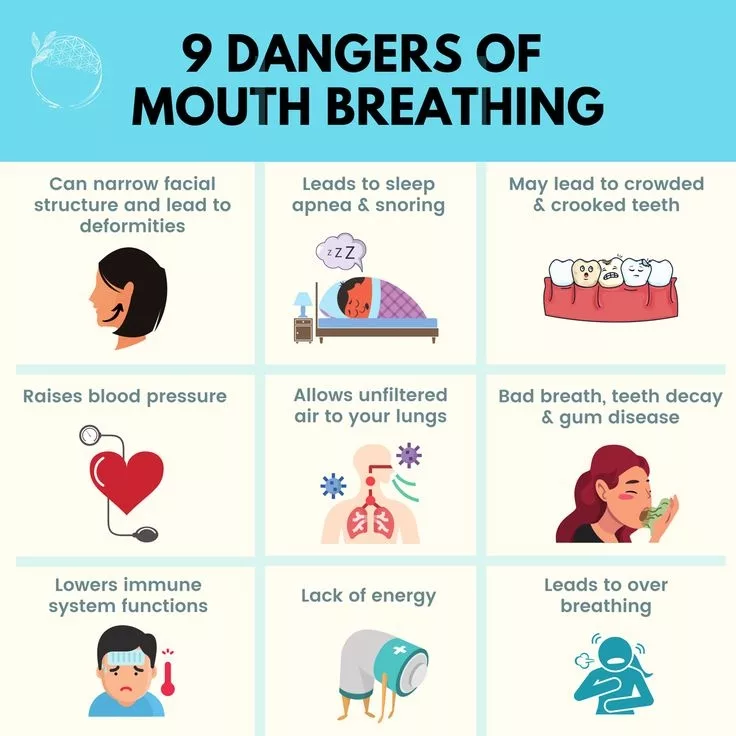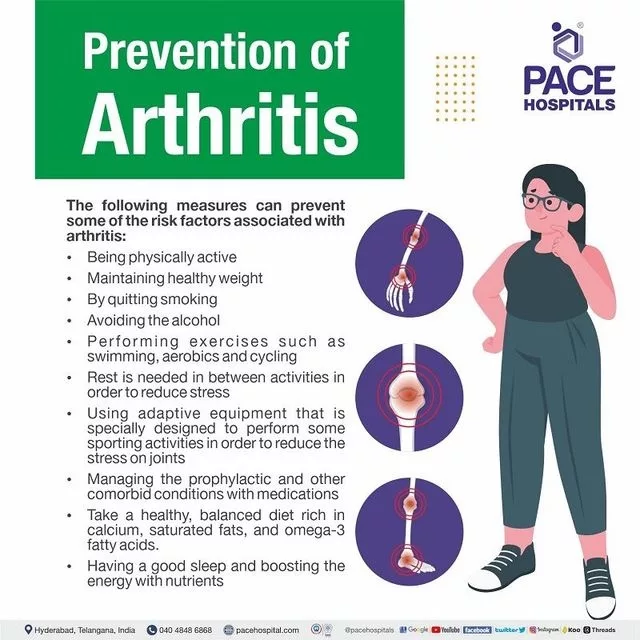Psoriasis: Everything You Want to Know – Understanding, Prevention, and Treatment
Hello, I am here to provide you with all the information related to psoriasis. Psoriasis is a skin condition that many people are interested in. Today, I would like to share with you about understanding psoriasis, methods of prevention, and treatments. Let’s explore all the curiosities about psoriasis together!
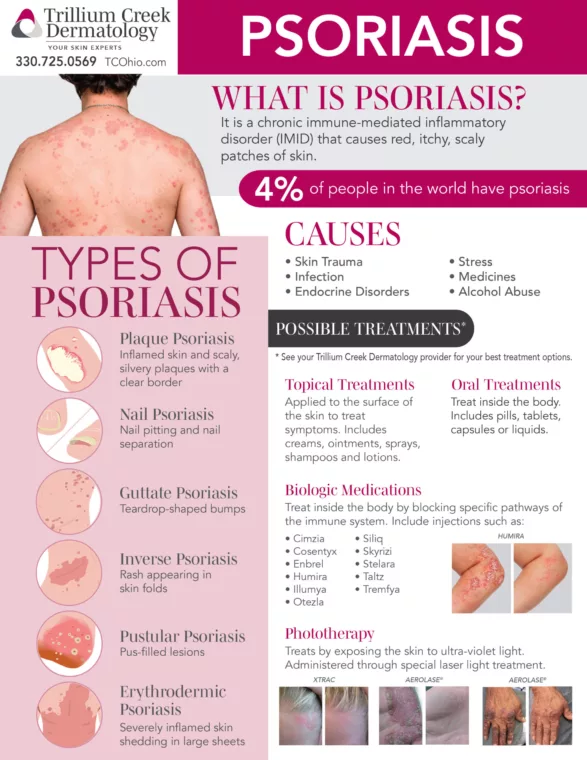
-
Understanding the Basic Concepts and Characteristics of Psoriasis
Psoriasis is a chronic inflammation of the skin, characterized by abnormal cell proliferation. This abnormal cell growth changes the thickness and color of the skin and appears as itching and abnormal dandruff-like scales. Psoriasis can be triggered by genetic and environmental factors and is generally classified as a chronic disease.
-
Identifying the Main Causes of Psoriasis
There are several causes for the development of psoriasis. The most common cause is genetic factors, with a higher risk of developing psoriasis if there is a family history. Other environmental factors such as stress, skin injury, and infections can also affect the development of psoriasis.
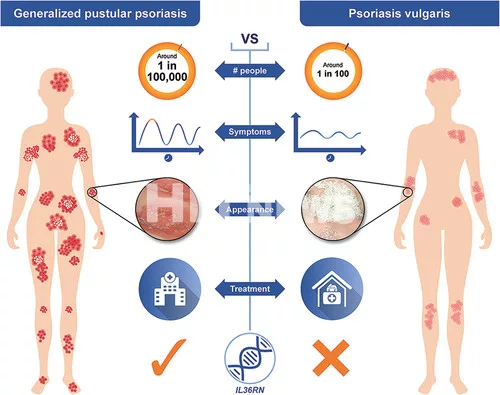
-
Various Types of Psoriasis and Their Characteristics
Psoriasis is divided into various types. The most common type is plaque psoriasis, which accounts for 80% of psoriasis patients. Other types include guttate psoriasis, inverse psoriasis, and pustular psoriasis, each with different features and symptoms.

-
Main Symptoms and Signs When Psoriasis Occurs
The main symptoms of psoriasis are itching and dandruff-like scales. These symptoms primarily appear on the elbows, knees, and scalp, and the skin may become dry and turn red. Additionally, some patients may experience joint pain or inflammation.
-
Essential Procedures and Tests for Accurate Diagnosis
The diagnosis of psoriasis is mainly based on skin biopsy and the patient’s symptoms. A skin biopsy is performed to check for abnormal cell proliferation and inflammation. In addition, considering the patient’s symptoms, family history, and environmental factors is essential for an accurate diagnosis.
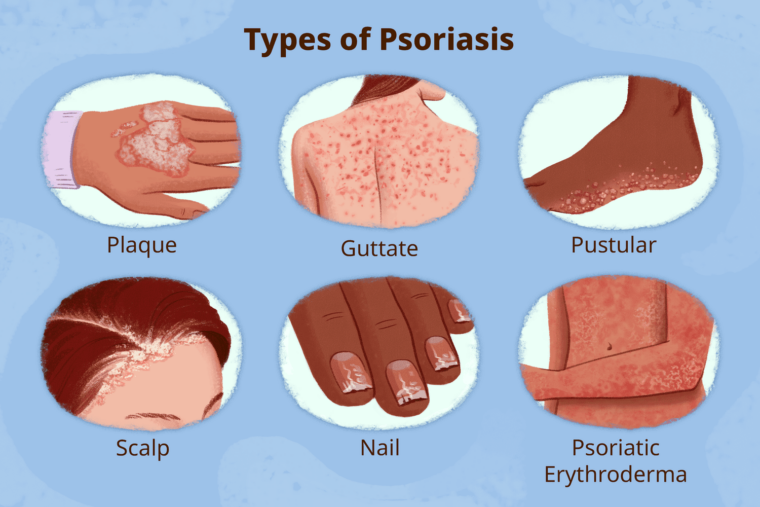
-
Effective Management and Prevention Strategies for Psoriasis
Effective management and prevention of psoriasis focus on adjusting the patient’s lifestyle and skincare. Daily habits include proper skin moisturization, stress management, and limiting sun exposure. A healthy diet and regular exercise also help prevent psoriasis.
-
Traditional Psoriasis Treatment Methods and Latest Technologies
Various methods are used to treat psoriasis. Traditional treatments include applying steroid creams or coal tar to the skin. Latest technologies involve phototherapy, immunosuppressants, and biological treatments for severe psoriasis.
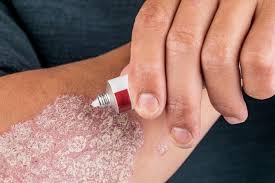
-
Methods to Alleviate Psoriasis Symptoms Through Lifestyle
Adjustments Adjusting lifestyle habits is crucial to alleviate psoriasis symptoms. Eliminating factors that dry the skin, managing stress, and regular skin care help. Psoriasis patients should also avoid alcohol and tobacco and maintain a healthy diet.
-
Nutritional Management and Diet Adjustment for Psoriasis Patients
Psoriasis patients should maintain a proper diet to keep their nutritional status and strengthen their immune system. Nutrients beneficial for skin health include vitamin D, omega-3 fatty acids, and zinc, while excessive alcohol intake and high-fat foods should be avoided.
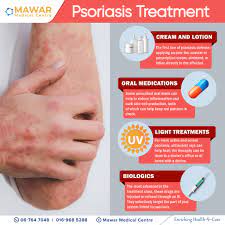
-
Long-Term Approach and Support System for Psoriasis Management
Psoriasis is a chronic disease that requires long-term approach and support. Regular skin check-ups and management, consultations with medical professionals, and participation in support and educational programs for psoriasis patients are essential. Forming a support network among psoriasis patients to help and support each other is also valuable.
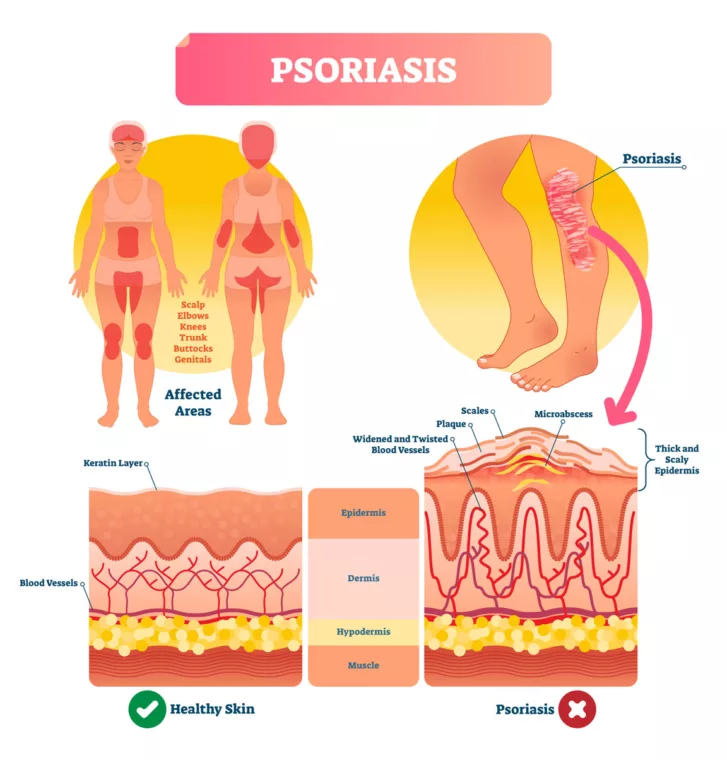
- Skin care is crucial for psoriasis patients, and bathing can help maintain clean skin and alleviate symptoms. Below are some tips for bathing methods for psoriasis patients.
Regulate the Temperature: Hot water can irritate the skin, so it’s better to use lukewarm water. Limit bath or shower time to about 10 to 15 minutes.
Use Gentle Soap: Instead of harsh chemicals or strongly scented soaps, use mild soap or cleansers specially designed for psoriasis patients.
Add Moisturizing Bath Oil: Adding a few drops of moisturizing oil to the bath can help the skin retain moisture. However, be cautious as it can make the bathtub slippery after the bath.
Gently Pat Dry: After showering or bathing, avoid rubbing the skin harshly. Instead, gently pat the skin dry with a soft towel.
Apply Moisturizer: Applying a moisturizer while the skin is still damp after a bath or shower can help moisture stay in the skin. Good moisturizers for psoriasis include products containing ceramides or fragrance-free thick creams or ointments.
Add Baths for Inflammation Relief: Colloidal oatmeal baths or Epsom salt baths can help soothe skin inflammation and relieve itching. It’s a good idea to consult with a dermatologist before use.
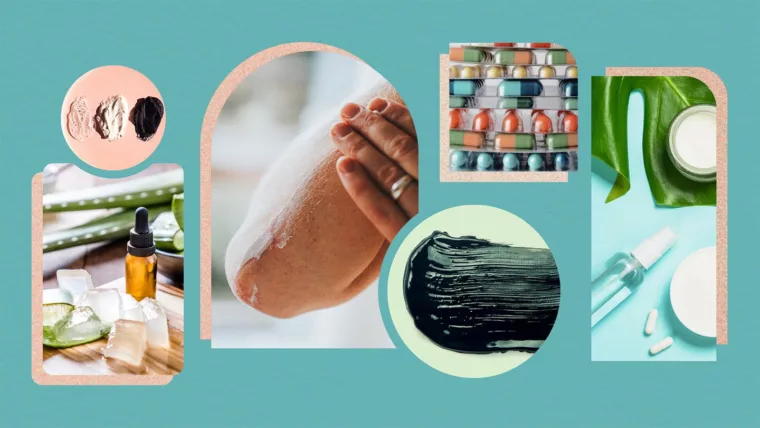
Through various information, we have explored understanding, prevention, and treatment methods for psoriasis. Psoriasis is a chronic disease, but with proper management and support, symptoms can be alleviated, and discomfort in daily life can be minimized. It is important for psoriasis patients to collaborate with medical professionals to develop an optimal treatment plan and maintain healthy lifestyle and dietary habits.



